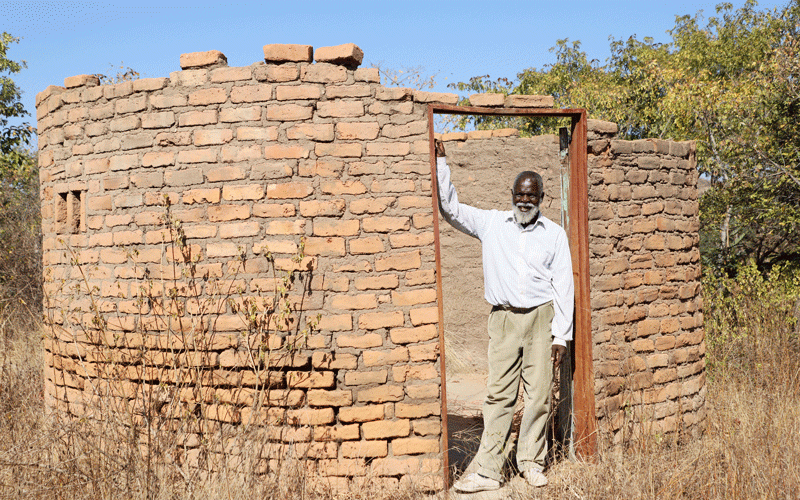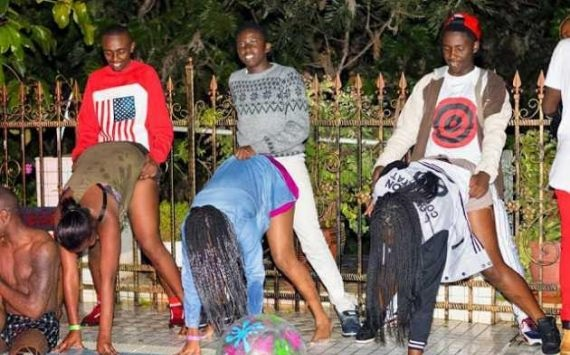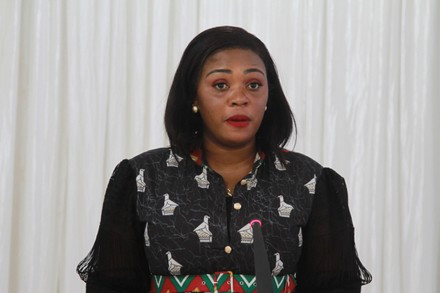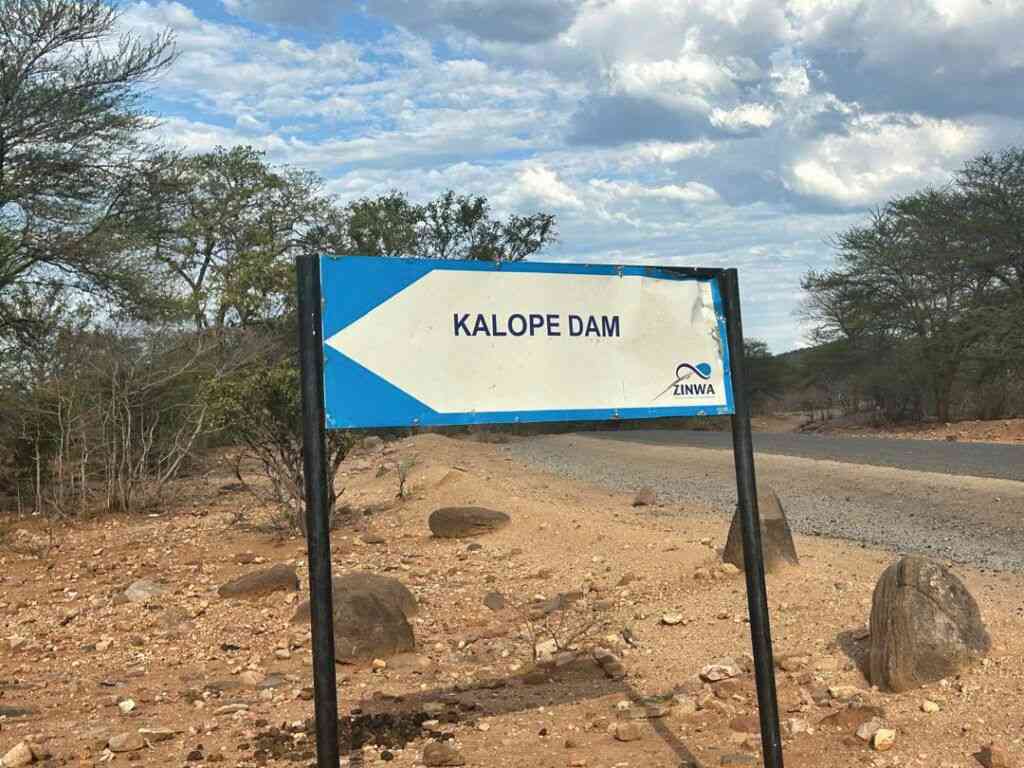
LIFE has never been the same for Chiedza Motsi * of Mairosi Village in Murewa after she was raped by Bobby Makaza of the “Mnangagwa huchi” fame when she was in Grade 3.
Motsi dropped out of school when she was doing Grade 7 as she could not endure persistent discrimination and name-calling from her peers.
The rape incident made her an outcast among classmates.
Now 16 years old, Motsi is a mother of one after she was married early and became part of the many cases of child marriages plaguing the country.
Motsi said she had nothing else to do after dropping out of school.
“I needed to start a new life,” she told NewsDay Weekender.
"Without going to school, I had nothing else to do.”
But for Makaza, the rape incident changed his life, seemingly for the better.
- Corruption Watch: Get scared, 2023 is coming
- Corruption Watch: Get scared, 2023 is coming
- Letters: Ensuring Africa’s food security through availability of quality seeds
- Is military's involvement in politics compatible with democracy?
Keep Reading
It is through that incident that the man — who had never dreamt of owning a car in his life — saw himself owning a Toyota Aqua vehicle. He did not buy the car. Rather, it was donated to him by a controversial Zanu PF party benefactor.
Makaza is well known for his “Mnangagwa huchi” chant, which he used to express his excitement after being released from prison for raping his then 11-year-old niece in 2019.
He was prematurely released from jail in May last year after serving four years of his 16-year jail term through a presidential amnesty.
A video of Makaza describing Mnangagwa as honey to express his excitement for being released went viral on social media soon after he left prison.
The “Mnangagwa huchi” chant was later adopted by the ruling Zanu PF party in its campaign for the August 2023 elections, catapulting Makaza to “stardom.”
This caught the attention of controversial businessman Wicknell Chivayo and Makaza quickly made it to the endless list of Zanu PF apologists whom he has rewarded with cars and cash.
As he drove his new car into Mairosi village in March this year, it evoked disturbing memories among villagers of how he raped his 11-year-old niece.
It reminded the villagers of how he raped the girl at knifepoint and threatened to kill her if she divulged the sexual assault to anyone.
On that day, March 20, as he was being chauffeured — because he cannot drive — through Mairosi village to show off his fortune, his was an entrance of shame as fellow villagers regarded him as a convicted rapist who had been rewarded with a car.
Motsi told NewsDay Weekender that her only wish to find closure was for Makaza to be sent back to prison to complete his jail term.
“He must be in jail,” she said.
“He must serve for all the 16 years. He must go back to jail.
“He must not be out of jail. He is guilty.”
However, her wish may never be fulfilled.
The Zimbabwe Lawyers for Human Rights last year challenged Makaza’s release arguing that rape was a specified offence hence he was not eligible for the parole.
Rape and murder are specified offences and lawyers for the juvenile argued that anyone convicted of those crimes is excluded from benefiting from an amnesty.
The Zimbabwe Prisons and Corrections Services (ZPCS) defended Makaza’s release, claiming it was above board.
ZPCS said the amnesty for 4 270 inmates was designed to decongest Zimbabwe’s jails, but victims of violent crimes said they were not consulted before the perpetrators were freed.
The ZPCS argued that Makaza was eligible for the parole in which full remission of sentence was granted to prisoners aged 60 and above regardless of the offence.
Those who were serving life sentences or sentenced to death were excluded from the amnesty.
In its 2010 report titled, Caring for Child Survivors and Sexual Abuse, the United Nations Children’s Fund (Unicef) noted that the primary responsibility to protect and care for child rape survivors lies with the state. Unicef emphasised the need for the State and other caregivers to support survivors of rape victims in their recovery and healing through child-centred compassionate and appropriate care and treatment.
A village head at Mairosi village, Isaac Mumvuma, expressed dissatisfaction over Makaza’s release.
Mumvuma said the release inflicted further harm to the victim.
“He never came back to the village after the first time he came to show off his car,” he said.
“We heard he is in Harare.
“It could have been a joyous moment for him that he now owns a car, but under the circumstances where he violated a child, there was nothing to celebrate.”
He added: “We all know how he got the car, so there couldn’t be much to celebrate especially for those who knew the full background of how he got into prison.
“Some suggested that he should have shared the proceeds of his crime with the victim, but was it worth it?”
According to Mumvuma, the reward of cash and a vehicle for Makaza further widened the rift between the jailbird and Motsi’s relatives as they could not stomach seeing the ex-convict being rewarded despite his sexual offence.
A villager in Mairos Village, who only identified himself as Petros, said there was need to address the “wrongs” in “rewarding” Makaza after the rape incident.
“There is still time for State actors to address what I believe was wrong in rewarding a convicted rapist,” Petros said.
“Rapists must never be heroes. There is a need to conscientise villagers on the dangers of such crimes in the community.
“In Makaza’s situation crime paid, contrary to the traditional teachings that crime does not pay.
“Villagers need to be reminded of the values of humanity to promote a crime-free society.”
lA pseudonym was used to protect the identity of the victim .
lThis story was produced with support from the WAN-IFRA Women in News Social Impact Reporting initiative.











